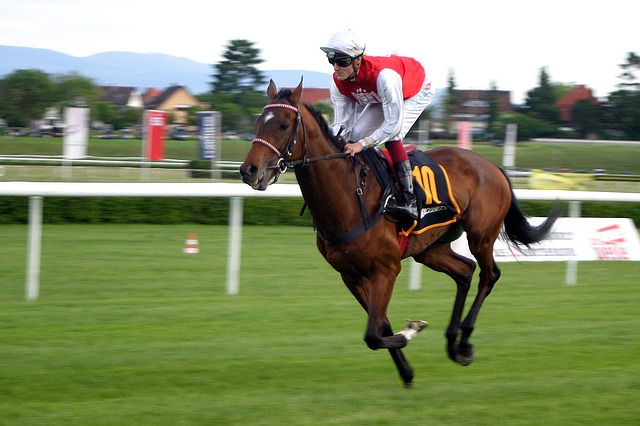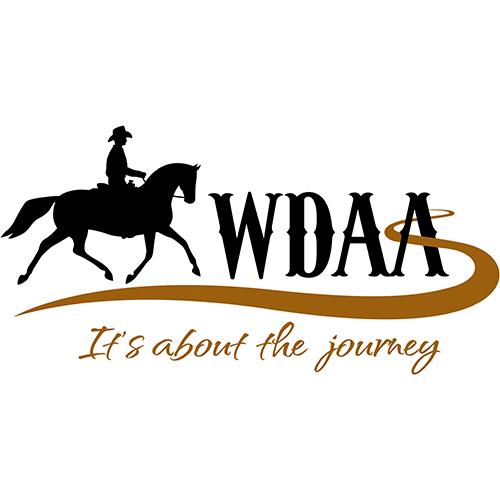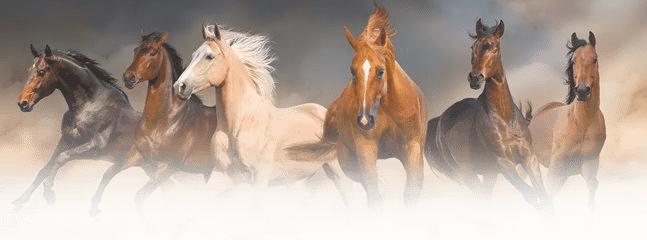Image Source
If you are a horse racing fan by heart or even just a curious beginner to the sport, you have probably wondered all about its contenders—our very own racehorses. After all, people bet on their success on the race track. But have you ever been curious how old these racehorses might be?
As the 148th Kentucky Derby commences on May 7, 2022, the best of the best three-year-old racehorses come together and compete to be the fastest horse on the race tracks. It is important to mention that the prestigious horse race officially restricts its contenders to the age of three. But why so young?
They Are Hungrier for Success
What’s more exciting than racehorses eagerly galloping towards the highest prize? Horses at a younger age tend to be more enthusiastic and hungry for success. They tend to be more hyper, play among themselves, and move around more.
Thus, subjecting them to training regimes and various races just before they reach the peak of their ages will bring out the best in them. Not only will this train them to become better racers but also make the horse racing event more action-packed!
They Have More Energy
The energy and vigor among the contenders are essential for a good performance and an exciting horse racing event. While only at the beginning of their careers, three-year-old racehorses are less worn out and more active.
They have had lesser races to compete in, thus have more energy to expend in their capacities. Setting an age restriction among the 2022 Kentucky Derby contenders ensures a thrilling, high-spirited, and energetic horse racing event.
They Have a Lot of Potential
A racehorse’s bones, ligaments, and tendons are constantly under the exhaustive stress of racing. Science explains that it is actually advantageous to train and expose these horses to the strain of racing while they are still young.
As the bone structure of older horses tends to become unchanged and fully formed over time, younger horses have more potential for growth in terms of better bone morphology. Furthermore, early exposure allows for stronger ligaments and tendons as they approach maturity.
They Are More Passionate
While they may not grasp the idea that they are competing, young horses have an incredible drive for racing. It is their first instinct to run, run, and run. Although you cannot force a horse to race when it does not want to, they are happy to participate in most cases.
They also feed on the energy that they feel from other contenders, which is why young horses are so passionate on the race tracks. So as the saying goes, age is just a number. But in this case, it is a number that truly matters for racehorse contenders!
They Can Be Fearless
Naturally, horses are not brave. It is one of the reasons why they are hard to train. They are animals to be hunted, so they have mastered the sport of running for their lives.
However, coaching horses in a safe, nurturing environment at an earlier time of their lives develop young but fearless and daring racehorses. And the fearlessness among the contenders in the pursuit of winning the race is what makes horse racing so exhilarating.
They Learn Faster
In general, horses have evolved to become fast learners. As prey animals, they have heightened instincts and sensitivity to various stimuli. They observe pressure and environmental conditions very well.
Furthermore, they can also recognize human cues such as visual and vocal expressions. Making the most out of this natural capacity at an earlier time of their lives will develop a sharp and intelligent young racehorse fit to contend in racing events.
They Have Better Reflexes
Another characteristic horses have developed as prey animals is their lightning-fast reflexes. Young horses have swifter reaction times and spontaneity, which contribute to their speed in racing.
External factors such as pressure and noise during a horse racing event may trigger these reflexes. However, it also adds to their unpredictability. And that is why people love to gamble in horse racing: it is a fun and exciting sport!
They Are More Flexible
Horses are incredibly flexible at a young age, which dulls over time as they grow older and become stiffer. Thus, young racehorses run better in terms of flexibility in movement.
Introducing three-year-old horses to the sport of racing puts this raw potential to the test. It is much more exciting to see these young horses race each other on the tracks while they are at their best and natural state.
Final Thoughts
Age really matters in horse racing. Exposure to the race tracks at a young age trains them to become better racers before reaching their prime. So while you bet and root for your picks in the 148th Kentucky Derby, consider these things as one of the reasons why horse racing is a most-awaited sport of many!






















